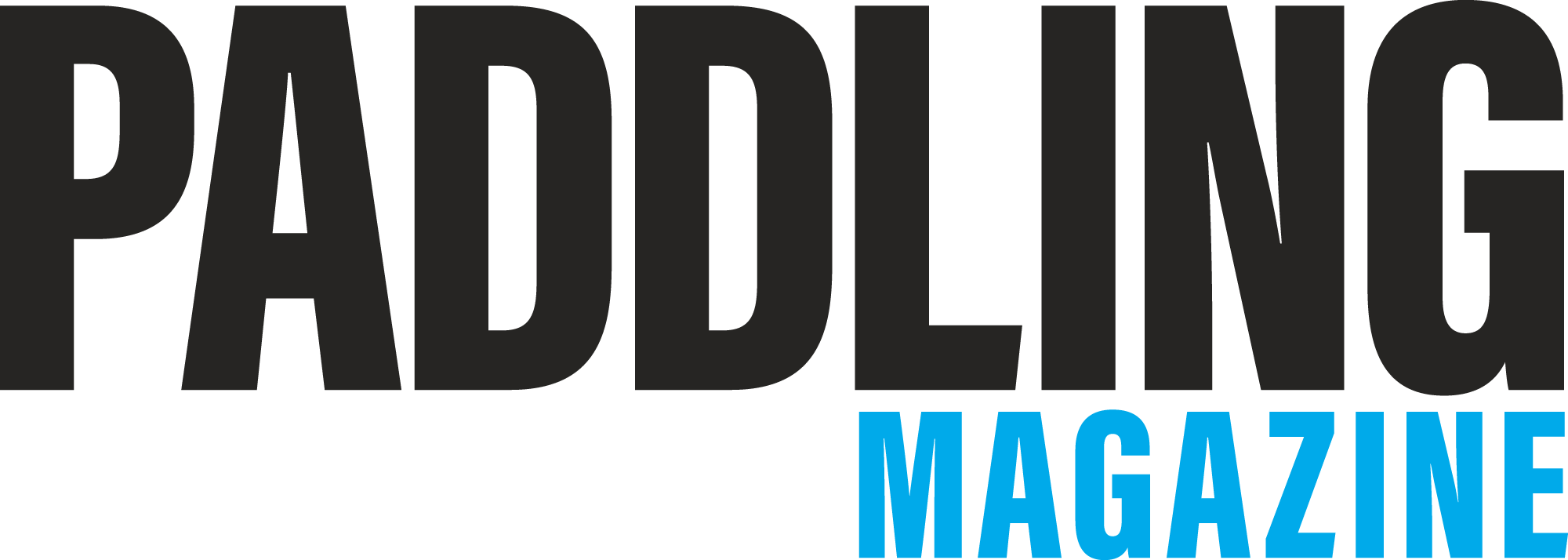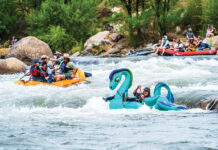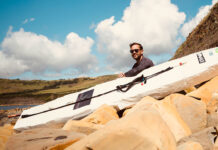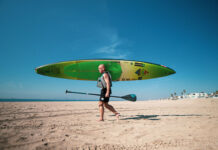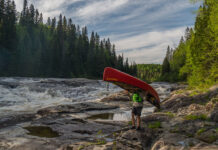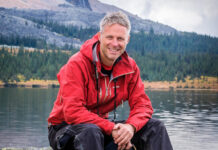As a young man serving as a U.S. Navy submariner in the first Gulf War, Petty Officer Lonnie Bedwell never imagined he would become one of the world’s most inspirational adventure athletes. He also never thought he’d lose his eyesight, blinded by a shotgun blast in a freak hunting accident in 1997, three years after he retired from the military. “It left me in the dark,” says Bedwell, now 53. “Totally in the dark.”
At the time, Bedwell was a 31-year-old single parent with three daughters, settling into civilian life in southwestern Indiana after nine years at sea. It became obvious he could no longer continue his job at a power plant. He went from 180 pounds to 130. Walking was a challenge; without eyesight, his balance suffered. “What would my girls think?” Bedwell wondered. “From that point forward, I had to redefine my life.”
Bedwell speaks in the measured tone of a quintessential Midwesterner; no doubt this calm, steady demeanor played a huge role in his recovery. With the encouragement of his daughters, Bedwell resumed yard chores. Soon he was operating a chainsaw. For work he “got to building houses”—framing, heating, wiring, drywall and roofing—“anything from the ground up, excluding finishing work,” he says. “I realized I could do things.”
When his youngest daughter graduated from high school, Bedwell had more time for new activities. He took up adaptive alpine skiing in the winter of 2011. He was introduced to kayaking at a pool session a year later. In the summer of 2012, Bedwell participated in Outtasight, a program for vision-impaired and blind veterans on the Yellowstone River in Montana. The clinic was organized by Team River Runner, a non-profit introducing veterans to adventure sports.
After the clinic, Team River Runner executive director Joe Mornini asked Bedwell if he would like to be the first blind person to paddle the Grand Canyon. The invitation “instilled a dream,” recalls Bedwell. Mornini encouraged Bedwell to perfect his kayak roll, challenging him to complete 1,000 rolls, and get more experience on the river.
Rolling was easy. Friends gave Bedwell a kayak and gear and he practiced in a pond, completing 100 rolls on his first day. But whitewater is hard to find in the Midwest. Bedwell traveled to North Carolina and practiced on the Pigeon River and at the U.S. National Whitewater Center in Charlotte. Back in Indiana, he quit counting at 1,500 rolls.
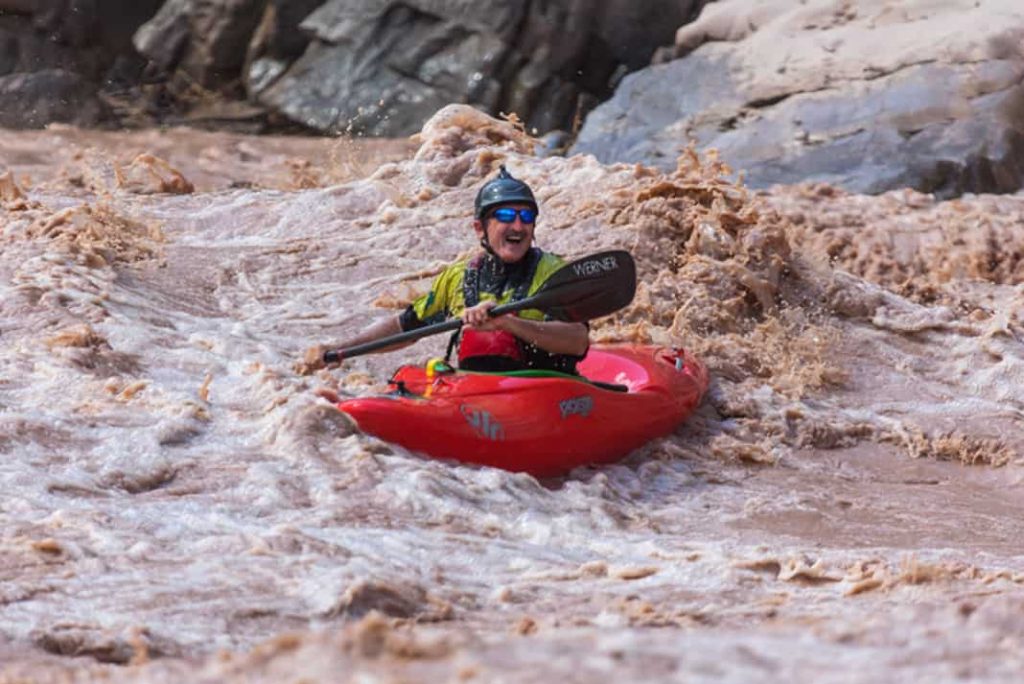
Photo: James Martin/Google Maps
With only 14 days of river experience, Bedwell and a team of guides attempted the Grand Canyon in 2013. To navigate whitewater Bedwell relies on voice commands from two or three expert kayakers. “The guy in front of me is always at 12 o’clock to my boat,” explains Bedwell, who gained international fame for his successful Grand Canyon descent and has since returned to run the Colorado River three times, most recently in 2018. “He’s like my beacon. It’s amazing how much you can hear.”
Bedwell insists his other senses haven’t improved to compensate for his lack of vision. “But you focus on what you hear and what the river is doing. Blind paddlers are reactive paddlers in a proactive sport.”
He describes the typical commands from his guide, heard over the roar of class IV whitewater: “Turn right. Give me a 2 o’clock bow angle. Hold that angle! Hold that angle! Now line back up on me. Charge!”
Recently, Bedwell was the subject of the award-winning documentary Feel of Vision, which captured his efforts to paddle up to class III water unguided, along with his commitment to Team River Runner and personal mission to introduce “as many people as I can” to the freedom of paddlesports, including veterans and youth.
Through it all, Bedwell always acknowledges the volunteers who have made his experiences possible. “Kayaking is the most independent thing I’ve done since losing my eyesight,” he says. “But sometimes you wish you could see the river, the rapids and what you’ve done. That’s the hardest part.”
Feel of Vision Trailer from Blueline on Vimeo.
Lonnie Bedwell during a 2018 descent of the Colorado River. | Photo: James Martin/Google Maps

